The Aftermath
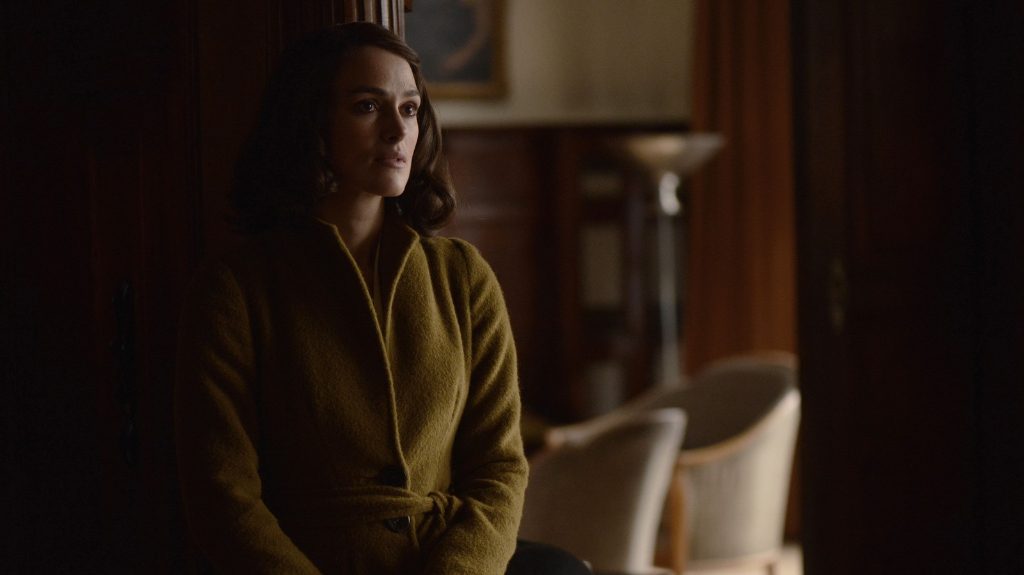
There has been, and always comfortably will be, a surplus of postwar dramas in Hollywood. For a screenwriter it’s simply too great a period in history to renounce from a portfolio, with a wide variety of approachable plots, themes and interpretations still yet to be fully explored. Perceiving a gap in said market, director James Kent – known for his previous work on war drama feature Testament of Youth – has taken the opportunity to deliver a first-time adaptation of Rhidian Brook’s 2013 novel The Aftermath, transporting the viewer back to the ruins of Hamburg, 1946 in the months following VE Day, where clouds of gloom loom imperiously overhead as a city-turned-rubble-cemetery attempts to find its feet once more.
Very much still a country in ruin, a broken Germany that took the full brunt of the concluding conflict in the Second World War is beginning to pick itself up off its knees, only now under the watchful eye and scrutiny of the allied forces. Rachael Morgan (Keira Knightley) arrives in Hamburg to join her military husband Lewis (Jason Clarke), a British colonel who has been tasked with managing the reformation and restructuring of the city whilst also weeding out remaining Nazi sympathisers and maintaining the peace.
Whilst occupying a beautiful requisitioned mansion owned by architect-turned-widowed-labourer Stephen Lubert (Alexander Skarsgard), Rachael distances herself from the exterior foreign environment, slowly languishing in her own grief for her lost son while her husband becomes fully immersed in his sympathising and reconstruction effort. Initially, Rachael is repulsed and fearful of their German host, but as time passes and the cracks in her marriage are gradually divulged, a sense of endearment leads down a pathway of acute passion and incensed betrayal.
Through three exceptionally powerful performances from three outstanding actors, The Aftermath honestly and strikingly reminds us that life really was not as simple as we may assume in the months and years following the Second World War. Adolf Hitler may well have been defeated, but the Nazi ideology wasn’t, resulting in brutal attacks, murders and riots. Change is never instant and it is this reality that the central characters must tackle head-on as they try to live under the same roof whilst facing different demons.
As the grieving, tormented Lubert, Skarsgard delivers arguably his best on-screen performance to date, searching for a new life that can replace the existence that he and his daughter lost thanks to the war. Likewise, Knightley delves deep into the depths of her expressive palette to give a desperately sorrowful portrayal, whilst also manifesting alluring chemistries with Skarsgard and on-screen husband Clarke, who brings a different, intriguing style of commanding conservatism to the fold as a soldier who has clearly concluded he has seen too much conflict for one lifetime.
Without a doubt, these are a trio of emotionally draining roles for the actors, and it is not for the lack of deep character investment that some gears in this film are not grinding in unison. Rather, it is in the writing and transposition from literary novel to screenplay that this feature loses its way. As a novel, the tale works, but condensed into a 108-minute movie, not so much. The plot development comes across hastened, with relationship tensions appearing to fleet from fear, to fury, to lust within a matter of scenes. To be honest, it all happens a little too quickly for an appetising and plausible romantic narrative to unfold, with credibility and authenticity subtracted from the final concluding revelation thanks to limited relationship construction and presumably time restrictions.
The world in which Lubert and Rachael find themselves whimsically walking also proves a bugbear, seeming fantastical and unbearably distanced from the war-torn cityscape that Lewis finds so testing, leading us to wonder about Lubert’s real experiences of trauma and question the accuracy of the way the character is written.
Redemption can, however, be found in the movie’s cinematography, courtesy of Frank Lustig and the lovely orchestral score and periodical soundtrack of Martin Phipps. The sound editing also deserves rocognition, providing penetrating sensual appreciation that intensifies the on-screen relationships and hyperbolises the more meticulous exchanges to the utmost effect. On the whole, you really can’t fault any participant for their efforts on this film and it certainly is a likeable viewing. It perhaps just simply doesn’t work as dynamically as the novel reads.
Guy Lambert
The Aftermath is released nationwide on 1st March 2019.
Watch the trailer for The Aftermath here:

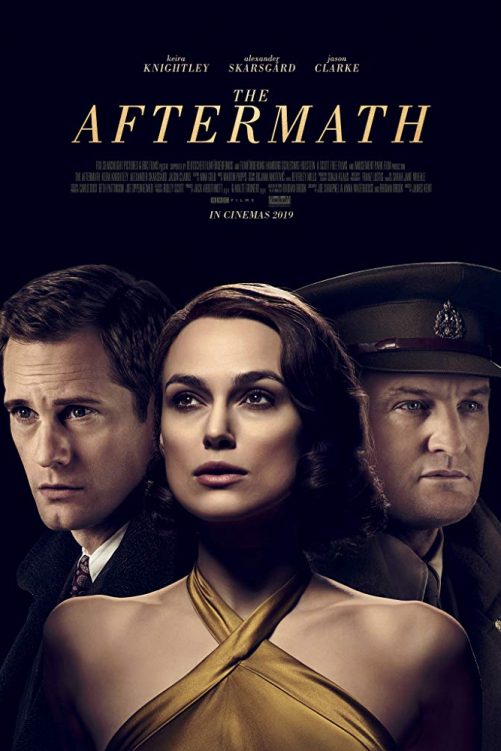
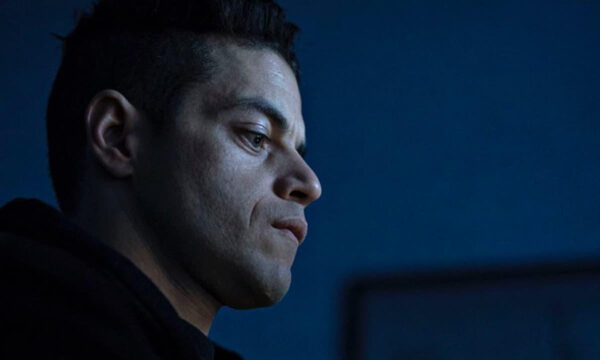
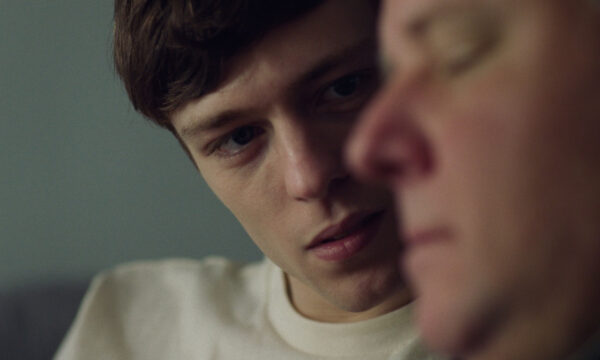
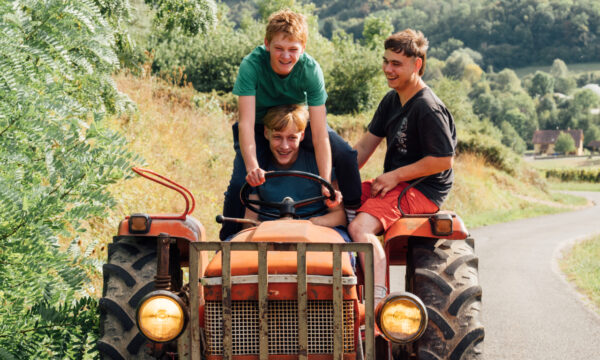
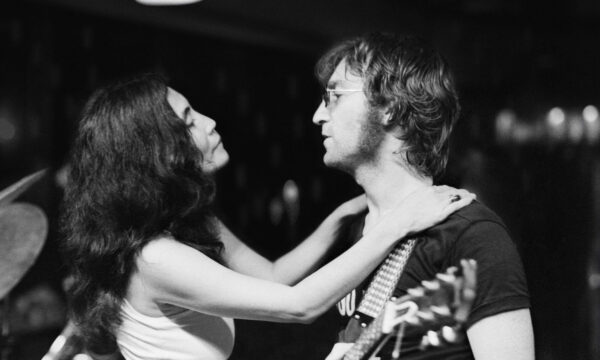
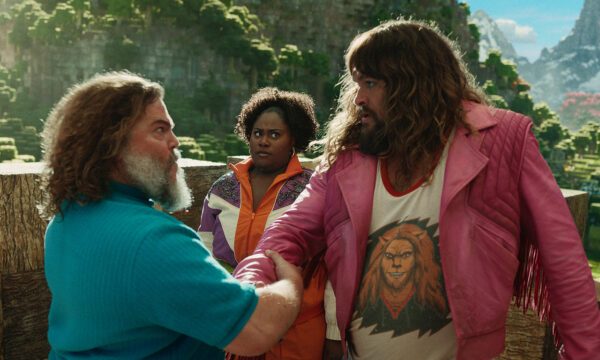


















Facebook
Twitter
Instagram
YouTube
RSS